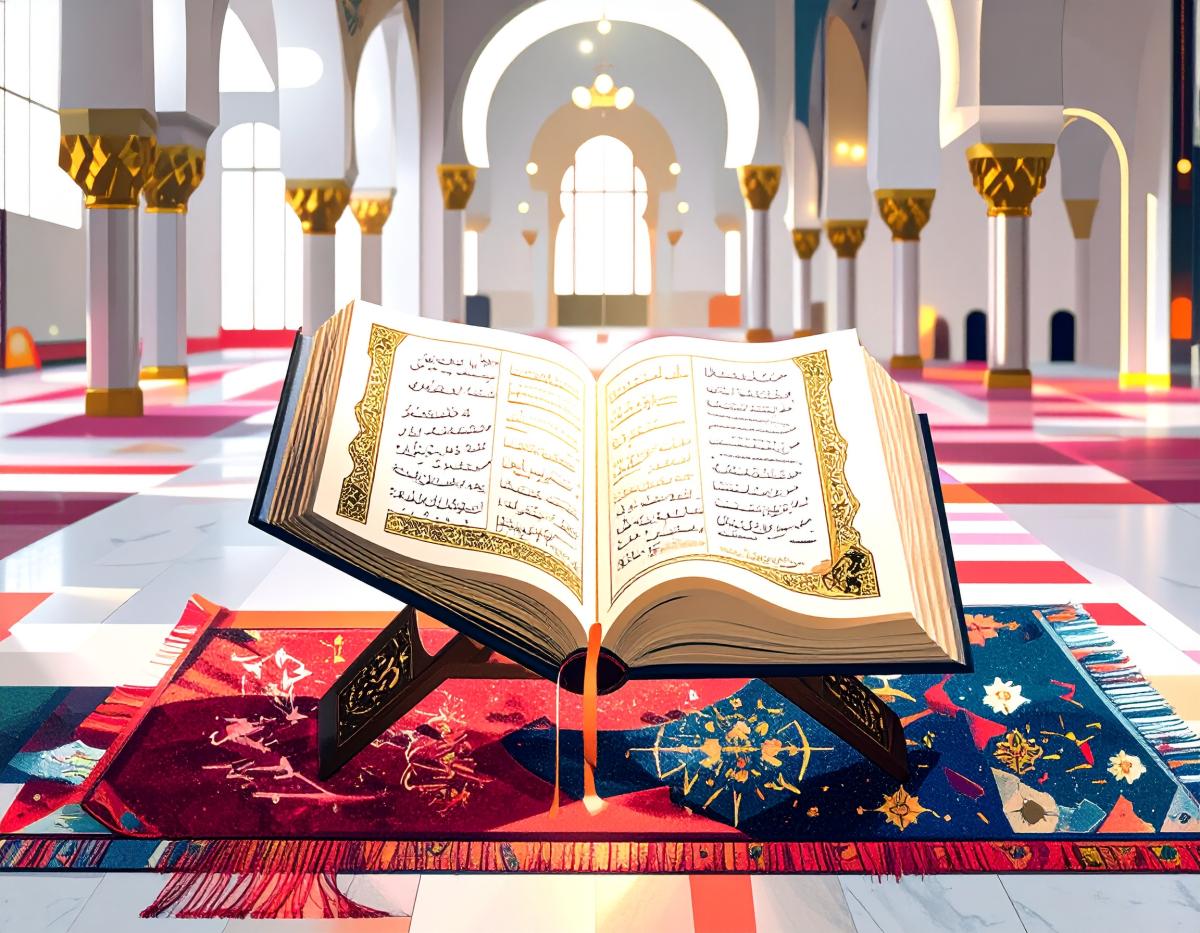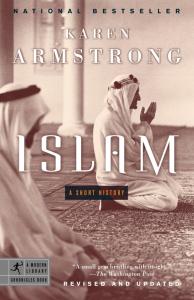The Quran, often spelled as Qur’an, stands as the central religious text of Islam—a book revered by over a billion Muslims worldwide as the literal word of God (Allah) as revealed to the Prophet Muhammad. Understanding the Quran’s history, structure, themes, and significance offers profound insight into the heart of Islamic faith and civilization. This article provides an accessible overview and introduction to the Quran, exploring its origins, message, and enduring impact.
The Historical Context of the Quran
The Quran emerged in 7th-century Arabia, a region marked by polytheistic beliefs, tribal society, and oral traditions. Born in Mecca in the year 570 CE, Muhammad ibn Abdullah experienced a series of revelations beginning in 610 CE, at the age of forty. According to Islamic belief, these revelations were delivered by the Angel Gabriel over approximately 23 years, concluding in the year 632 CE—the year of Muhammad’s passing.
These divine messages, initially recited and memorized by Muhammad and his companions, were later compiled into the book now known as the Quran. The revelations challenged the socio-religious order of Mecca. They ultimately transformed the Arabian Peninsula, laying the foundation for the rise of Islam as a major world religion.
Compilation and Preservation
During Muhammad’s lifetime, the Quran was transmitted orally and partially recorded on materials like parchment, bones, and leaves. After his death, the caliph Abu Bakr, and later Caliph Uthman, oversaw the collection and standardization of the Quranic text to preserve its authenticity. The Uthmanic codex, compiled around 650 CE, emerged as the authoritative version of the Quran and remains so to this day. Notably, the Quran has been preserved in its original Arabic language, and millions of Muslims worldwide commit the entire text to memory.
Language and Literary Features
The Quran is written in Arabic, a language celebrated for its eloquence and depth. Its style, known as “sajʿ”, combines prose and poetry, with intricate rhyme, rhythm, and vivid imagery. For Muslims, the literary beauty of the Quran is considered a miracle and a proof of its divine origin. Many who study the Quran, regardless of faith, are struck by its linguistic artistry and rhetorical power.
Translations of the Quran exist in nearly every major language, but Muslims regard the Arabic text as uniquely sacred. Translations are considered interpretations—the Quran itself, in the truest sense, is only in Arabic.
Structure and Organization
The Quran comprises 114 chapters, known as “surahs,” which vary widely in length. Each surah contains a number of verses, called “ayat” (singular: “ayah”), totaling more than 6,200 verses. The Quran does not follow a linear narrative; instead, it is organized roughly by the length of surahs, with longer chapters at the beginning and shorter ones toward the end.
The chapters address a wide range of subjects—faith, law, morality, spirituality, guidance for personal conduct, and stories of earlier prophets. The Quran often returns to central themes, revisiting stories and ideas in different contexts, which encourages reflection and deeper understanding.
Main Themes and Messages
At its core, the Quran emphasizes the oneness of God (tawhid), urging humanity to worship and serve their Creator. It teaches that every individual is responsible before God, who is both merciful and just.
Monotheism (Tawhid): The absolute unity and uniqueness of God is the foundation of all Islamic belief and practice.
Prophethood: The Quran recounts the lives and missions of previous prophets—such as Adam, Noah, Abraham, Moses, and Jesus—affirming that Muhammad is the final messenger in a long line of guidance.
Revelation: The Quran positions itself as the last and complete divine scripture, confirming and superseding previous revelations like the Torah and Gospel.
Ethics and Law: The Quran provides principles for ethical conduct, including justice, charity, honesty, compassion, and respect for others. Many verses also form the basis of Islamic law (sharia).
Afterlife and Accountability: The Quran details a vivid vision of the afterlife, describing Paradise (Jannah) for the righteous and Hell (Jahannam) for those who reject faith and do evil. It stresses the importance of accountability for one’s actions.
Social Justice: The Quran calls for the protection of the vulnerable--orphans, the poor, and the oppressed--and stresses the importance of charity and social responsibility.
Spirituality and Worship: The text encourages prayer, remembrance of God, and a life of humility and gratitude.
Stories and Parables
Throughout the Quran, readers encounter stories of earlier communities and prophets, presented not just as historical accounts but as moral lessons. The narratives of Noah and the flood, Moses and the Exodus, the trials of Abraham, the story of Joseph, and the miracles of Jesus serve to inspire, warn, and offer guidance. These stories are interwoven with reflections and exhortations, making the Quran both a book of history and a source of spiritual wisdom.
Recitation and Use in Muslim Life
The Quran is not simply read but recited, often melodiously, in private and communal worship. Muslims believe that the act of recitation carries spiritual merit and that the Quran’s sound itself has transformative power. Children and adults alike strive to memorize portions—or even the entire text—a practice known as “hifz.” Those who complete memorization earn the honorific title of “hafiz.”
The Quran shapes daily prayer (salat), with verses recited in each of the five obligatory prayers. It is also read during special occasions, such as Ramadan, the month in which Muslims believe the first verses were revealed.
Interpretation and Scholarship
Interpreting the Quran is known as “tafsir.” Islamic scholars have written extensive commentaries, exploring the language, context, and meaning of the text. While the Quran is considered clear in its guidance, its depth and complexity have inspired centuries of scholarship, debate, and reflection.
Interpretation varies according to schools of thought and cultural traditions. Muslims are encouraged to read the Quran with understanding, seeking both spiritual and practical lessons for life.
Respect and Etiquette
For Muslims, the Quran is treated with the utmost respect. Ritual purity is maintained when handling the text, and it is often placed on a high shelf and wrapped in cloth. Before reciting, it is customary to begin with the phrase “Bismillah” (“In the name of God, the Most Gracious, the Most Merciful”). The Quran is not simply a book of laws or stories; it is a guide for personal and communal life.
The Quran and Other Faiths
The Quran addresses Jews and Christians as “People of the Book,” acknowledging shared spiritual heritage and prophets. It advocates for dialogue, respect, and understanding, while also asserting its message and guidance as final.
Throughout history, the Quran has inspired both devoted followers and curious scholars from various backgrounds. Its influence extends to art, literature, law, and philosophy—not only in the Muslim world but globally.
Enduring Impact and Contemporary Relevance
The Quran continues to be a source of guidance, inspiration, and debate. Its teachings influence not only personal spirituality but also ethics, law, and society. In a globalized world, the Quran’s emphasis on mercy, justice, and unity remains profoundly relevant—inviting both Muslims and non-Muslims to reflect on its message.
Conclusion
For someone unfamiliar with the Quran, approaching this sacred text with an open mind can be a rewarding journey. Whether regarded as divine revelation, a historical artifact, or a literary masterpiece, the Quran stands at the heart of one of the world’s great traditions. Its verses have echoed through centuries—comforting, challenging, and calling humanity toward faith, reflection, and moral action.
In summary, the Quran is not merely a book but an enduring source of spiritual life, guidance, and wisdom for billions. To understand it is to glimpse the soul of Islam and the hopes and struggles of those who follow its light.
Islam: A Short History
by Karen Armstrong
Product information
Product Review Score
4.4 out of 5 stars
70 reviews



